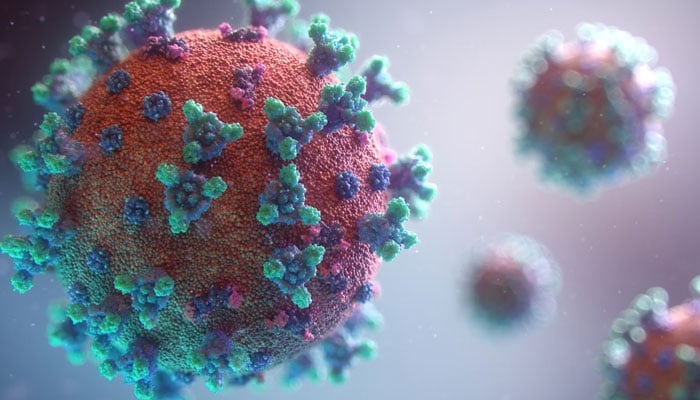Advisory issued to improve preparedness in preventive and control of JN.1 sub-variant

ISLAMABAD: The National Institute of Health (NIH) issued an advisory regarding the prevention and control of JN.1 sub-variant of COVID-19.
The JN.1 sub-variant was classified as a variant of concern (VOC) and fundamentally an offshoot of BA.2.86 sub-variant of the omicron variant, which is now being reported in many countries and rapidly increasing globally.
The NIH’s Center for Disease Control issued the advisory to facilitate health authorities for improving preparedness in the prevention and control of the disease.
Low morbidity, mortality
According to the advisory, it is unlikely that JN.1 can produce a situation like the earlier phase of the pandemic, hence its morbidity and mortality are low as of current statistics despite it rapidly replacing other sub-variants, and its transmissibility is expected to be high.
Symptoms
The symptoms of JN.1 infection are similar to other sub-variants including cough, sore throat, congestion, runny nose, sneezing, fatigue, headache muscle aches, and altered sense of smell.
However, symptom presentation depends on an individual’s immunity from vaccination and previous infection, the document stated, stressing that ascertaining existing vaccines tests, and treatments still work well against the sub-variant.
Prevention, control measures
If someone is sick or has been in close contact with persons having a flu-like illness, following preventive measures are recommended for limiting COVID-19 transmission:
- Frequent and thorough hand washing with soap and water and use of hand sanitiser if soap and water are unavailable
- To opt for respiratory etiquettes through covering mouth and nose while sneezing or coughing with elbow
- Sick patients to stay at home, rest, and avoid crowds
- Taking social distancing measures until recovery
Vaccination
The NIH declared vaccination the ‘most effective way’ to prevent infection and its severe outcomes, particularly in high-risk groups.
The more antibodies with a complete vaccine dose or booster shots, the greater the chances of reducing COVID-19 infection, especially among high-risk groups including the elderly population, people with comorbidities, and people working in high-risk settings, it added.
Enhanced surveillance measures
The NIH recommended enhanced surveillance for influenza-like illness (ILI) and severe acute respiratory infections (SARI) which may provide the best chance to detect earlier with prompt response in preventing outbreaks afterwards.
The health authorities have been directed to send all positive samples for genomic sequencing.